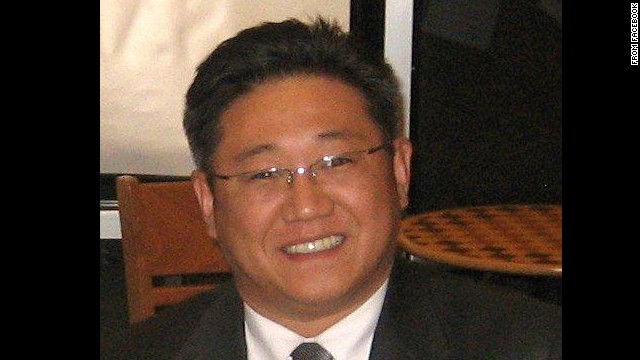By Brandon Cottrell
Impunity Watch Reporter, North America
WASHINGTON, D.C., United States – Amid concerns that the allies of the Syrian government could possibly strike American targets, the U.S. State Department ordered that all nonessential diplomats and their families leave Lebanon. The State Department also suggested that diplomats at the American Consulate in southern Turkey leave the area.

Additionally, the State Department issued travel warnings, urging Americans to avoid Pakistan, Turkey, and Lebanon. These warnings and orders come less than a month after the U.S. closed nineteen embassies and consulates across Africa and the Middle East for a week because of terror threats.
Earlier this week, the State Department also issued a warning that urged Americans to avoid Iraq, as terrorist activity and violence “are at levels unseen since 2008.” Consequentially, there is a high risk that Americans in Iraq could be kidnapped or subject to terrorist violence. It has also been reported that the United States intercepted a message sent from Iran to militants in Iraq with instructions to attack U.S. interests in Baghdad if the U.S. launches a strike in Syria.
Though the State Department stated that the warnings were issued only “because of current safety and security concerns,” most believe that the warning reflects a growing concern that Syrian allies will either carry out or support terrorist attacks on the United States.
Hezbollah, a Syrian ally and Iranian supported group, is based in Lebanon and maintains a strong presence in Beirut. Not only has Hezbollah sent fighters into Syria, but they are also involved in sporadic violence in many areas of Lebanon.
Acknowledging the threat Hezbollah creates, the US Embassy Beirut issued the following statement, “The potential in Lebanon for a spontaneous upsurge in violence remains. Lebanese government authorities are not able to guarantee protection for citizens or visitors . . . should violence erupt suddenly. Access [out of Lebanon] can be interrupted with little or no warning [and] public demonstrations occur frequently with little warning and have the potential to become violent.”
As if on cue, shortly after the State Department issued its warnings and orders, 150 protestors gathered near the U.S. Embassy Beirut. The protestors carried signs that read “No to War” and painted their hands red to symbolize blood. With police in riot gear standing guard the protest remained peaceful.
Secretary of State John Kerry has since left for Europe, where he will confer with leaders from France, Britain and the Arab League to discuss current Middle East issues.
For further information, please see:
ABC – US Orders Diplomats Out Of Lebanon – 6 September 2013
CNBC – US Orders Nonessential Diplomats Out Of Lebanon – 6 September 2013
KY3 – U.S. Tightens Embassy Security In Lebanon And Turkey, Warns Americans – 6 September 2013
New York Times – U.S. Orders Nonessential Diplomats to Leave Lebanon – 6 September 2013



